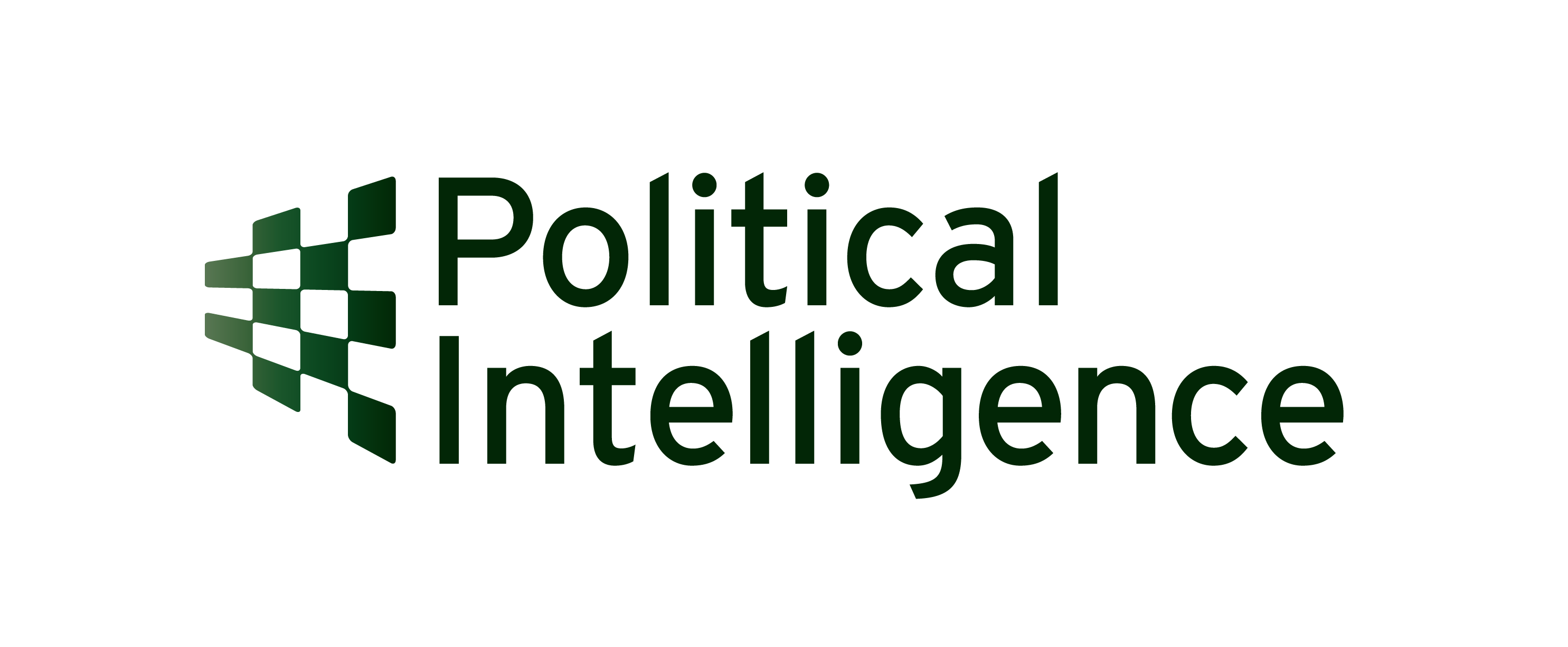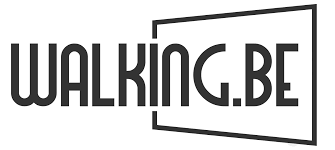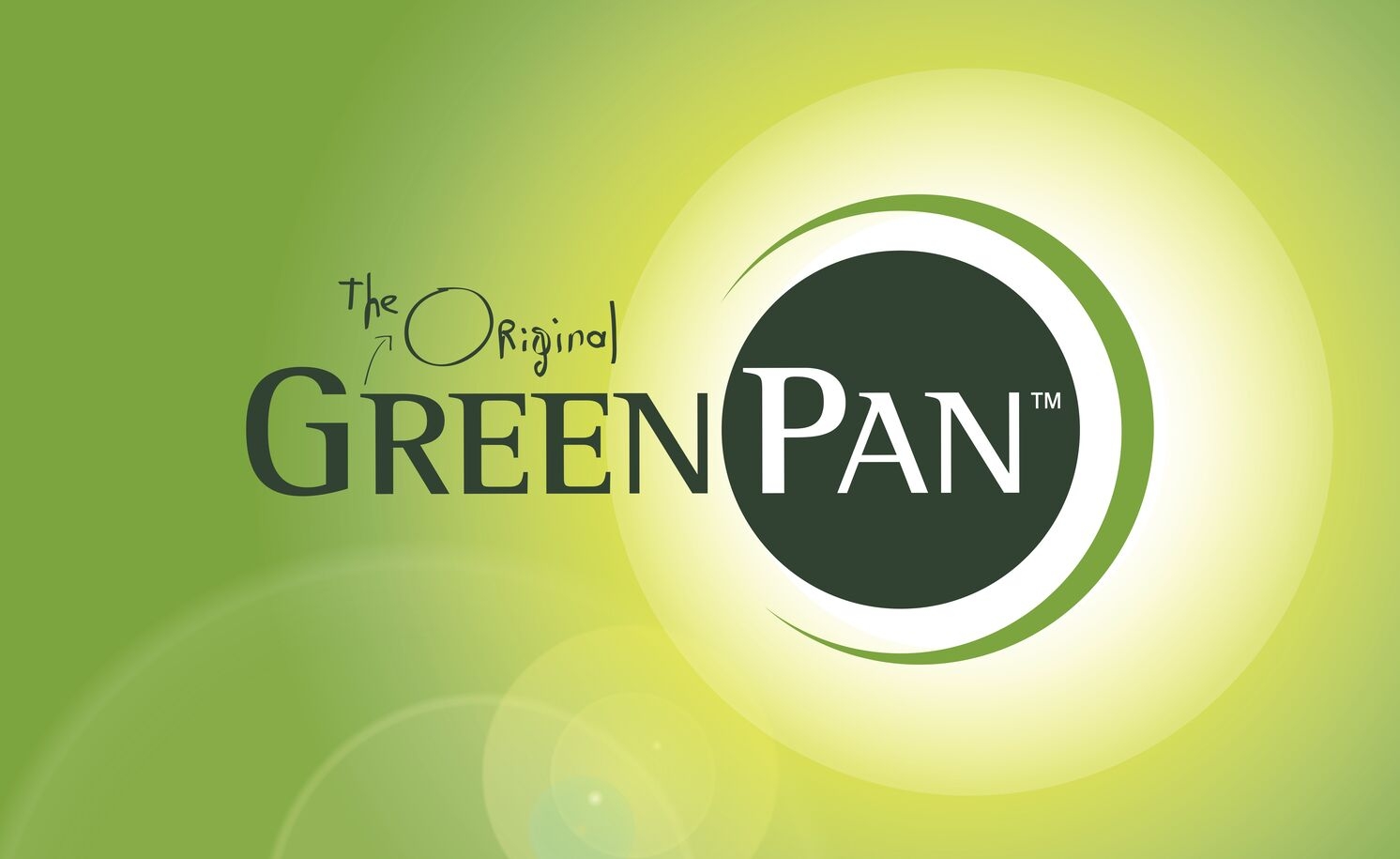25% of Belgian women at higher risk of late detection of breast cancer

Pink Ribbon, the national organization dedicated to fighting breast cancer, today unpacked the surprising results of a major national study on breast awareness, prevention and timely detection of breast cancer. Some staggering statistics: six in 10 women avoid the mirror and look at her breasts little or not at all. One third are sometimes ashamed of her breasts. And 25% of Belgian women are little alert for signs that may indicate a possible breast cancer and therefore run a higher risk of discovering breast cancer late!
For this study, the research bureau IVOX, on the initiative of Pink Ribbon, questioned 1,000 Belgian women in August about their breasts, their knowledge of the risks of breast cancer and their attitude towards early detection. Based on this study, Pink Ribbon developed with its Mammoquiz (2.0) a new tool that now allows every woman to check for herself the extent to which she is at risk of late detection of breast cancer by missing important signals or exhibiting other risky behaviors.
Key results from Pink Ribbon's nationwide study at a glance
Belgian women feel insecure about their breasts
The study shows that more than half of women feel insecure about their bodies. Younger women struggle with doubts more than those over 50. More so, as many as 6 in 10 prefer not to look at themselves too much in the mirror. One in3 is not satisfied with her female forms. The same goes for breasts. While 7 in 10 women consider their breasts an important part of their identity, 1 in 3 are ashamed of them. A quarter even try to hide her breasts as much as possible. Talking about breasts still appears to be a big taboo among women, especially on the Flemish side: 6 out of 10 do not.
Knowledge of breast cancer and its warning signs is too limited
Breast cancer is still the most common cancer among women in Belgium. One in 9 is confronted with it. Yet the survey shows that knowledge about breast cancer is inadequate. Three in 10 women do not know exactly what breast cancer entails and a quarter do not know where to find reliable information about the disease. The population also lacks knowledge about the risk factors. Moreover, 7 out of 10 Belgian women have at least one risk factor for breast cancer, the most 3 common being insufficient physical activity (39%) and being overweight (37%). A quarter (23%) of respondents are obese and 6% drink too much alcohol.
Jan Lamote, breast surgeon and former coordinator of the UZ Brussel breast clinic: "The results show that more efforts need to be made to provide understandable and accessible information about breast cancer. A healthy lifestyle with sufficient exercise appears to be insufficiently known. It is not always easy to explain why exercise, such as walking for example, reduces the risk of breast cancer."
Also, half of the 9 alarm signs for breast cancer are only known by a minority:
- Lump in the breast: 77%
- Lump under the armpit: 68%
- Lump on the breast:63%
- Dent in the chest:51%
- Retracted nipple: 42%
- Changed shape of breast: 42%
- Moisture loss from the nipple: 41%
- Uneven skin of the breast: 28%
- Changed breast color: 27%
Read more about the 9 alarm signals.
Too little self-examination of the breasts
Seven in 10 women have already examined their own breasts for signs of breast cancer, 3 in 10 even do so monthly. What is surprising about this is that 4 in 10 are not sure if they do so correctly. The most frequently stated reasons for not doing a self-examination are: "I feel good, everything will be fine", "I don't know how to do it" and "I think it's weird to do". Three in 10 women have never done a self-examination. That group includes mostly younger women, women who do not know anyone with breast cancer, women with little knowledge about the disease and women who say they are not hereditary. Women who are dissatisfied with their breasts also do less self-examination.
Pink Ribbon renews its Mammoquiz
Because of the results of this research, the need arose at Pink Ribbon to revamp the Mammoquiz and develop a digital tool that now allows every woman to check for herself the extent to which she is at risk of early detection or missed breast cancer.
Hilde Debackere, managing director at Pink Ribbon vzw clarifies, "Our research reveals that too few women are alert for the signs of breast cancer, while 6 out of 10 breast cancers are detected by women themselves. We developed this self-test to create more awareness. Because if you catch it early when you have breast cancer, treatment is usually less invasive and the chance of cure is greater. After going through the Mammoquiz, women find out for themselves how likely they are to discover breast cancer in time."
Each breast is normal and has its own story
The study makes it abundantly clear that a lot of women in Belgium are still insecure about their breasts. That is why the slogan of the Pink Ribbon in October is: 'Bigger or smaller, pointier or rounder, scarred or without.... Every breast is normal and has its own story'. In this way, the organization wants to give women a push to see themselves rather. But the message is also: dare to look and be examined.
Those wishing to support the campaign can buy and wear the new Pink Ribbon- created this year by (former) breast cancer patients themselves - to show their support to fellow sufferers and those around them. A Pink Ribbon costs €4, of which €2.8 goes directly to concrete projects that Pink Ribbon undertakes in its fight against breast cancer. The Pink Ribbon is on sale again this year throughout the country at Carrefour, Multipharma, Standaard Boekhandel/Club, Medi-Market, Hunkemöller, The Fashion Store, Schoenen Torfs, CKS, e5, Casa Shops, AVA, Wibra, Modemakers and many hairdressing stores.
Continue reading

Trans women also at greater risk of breast cancer

Did you feel a lump?


.png)












.png)
















